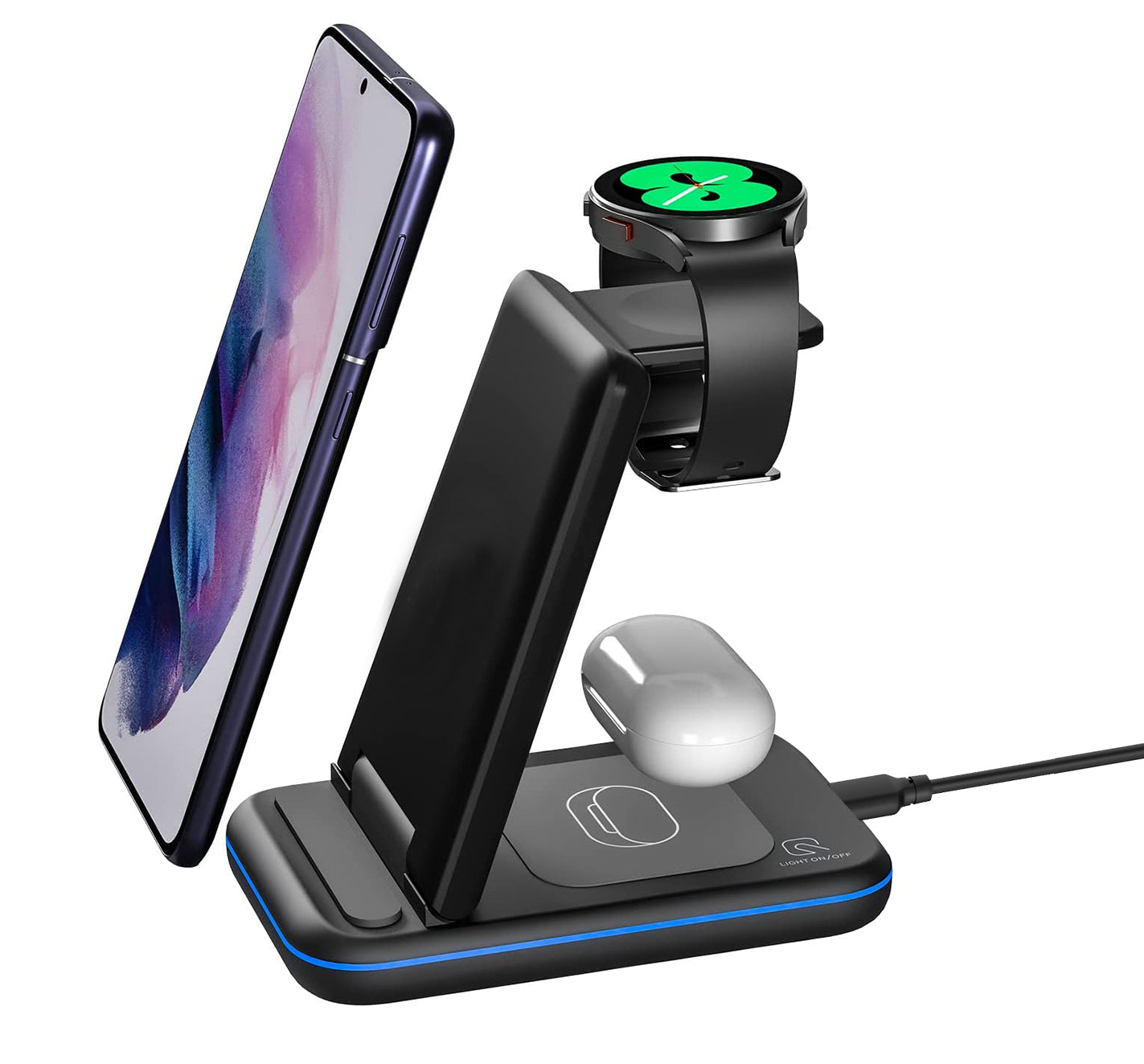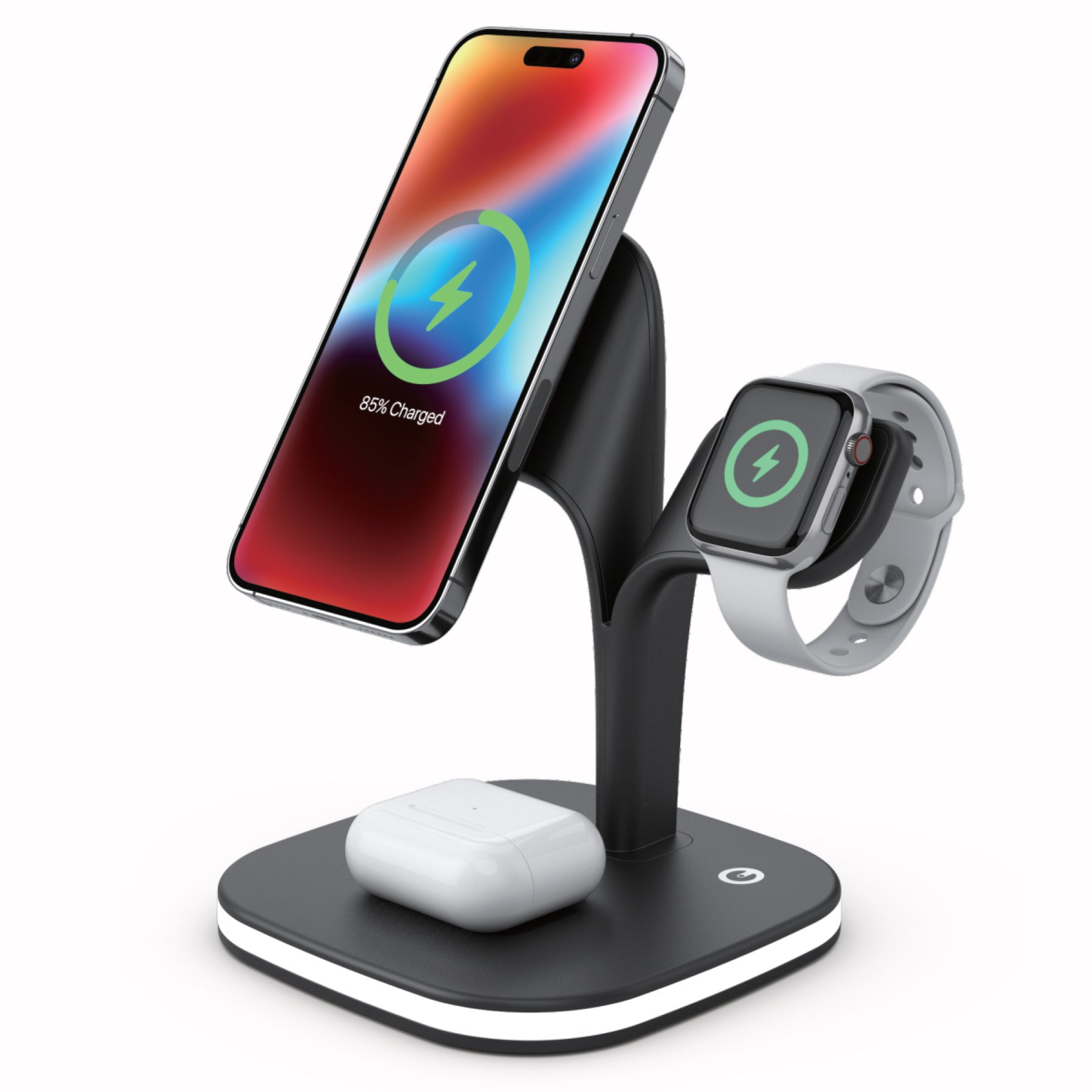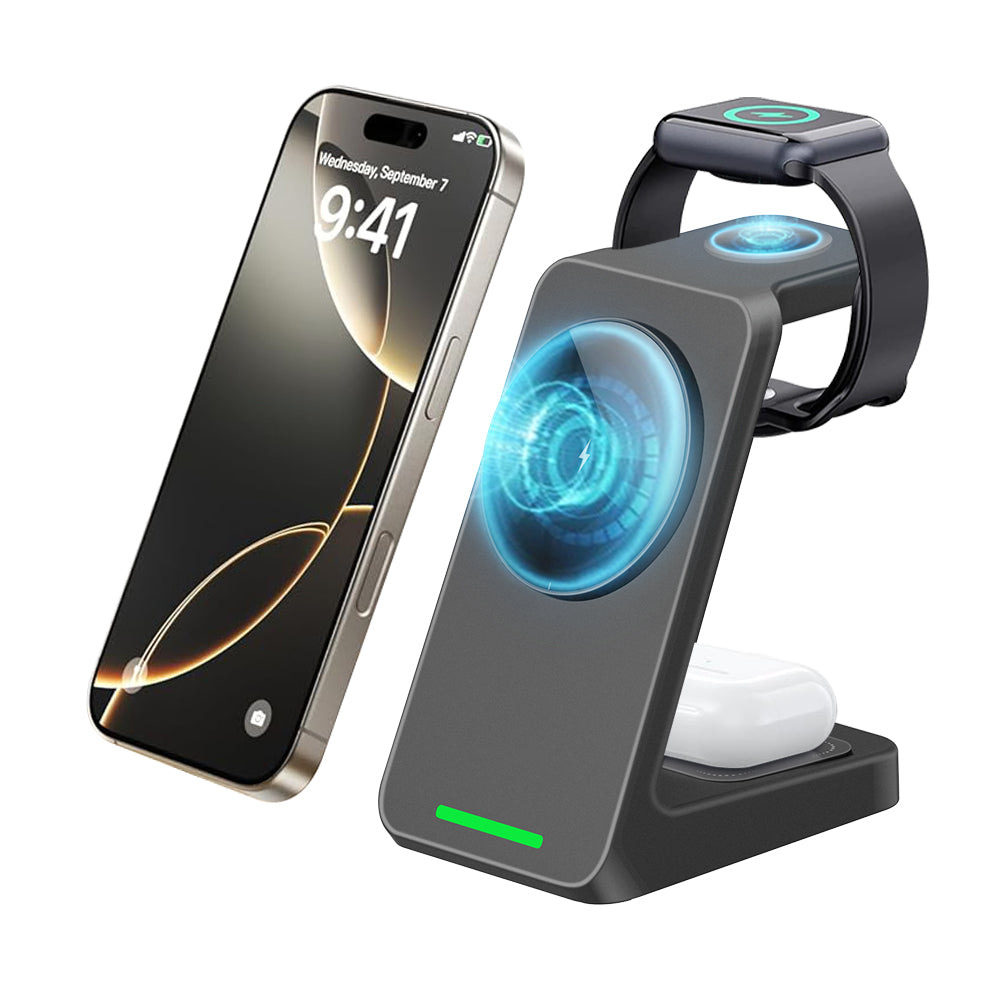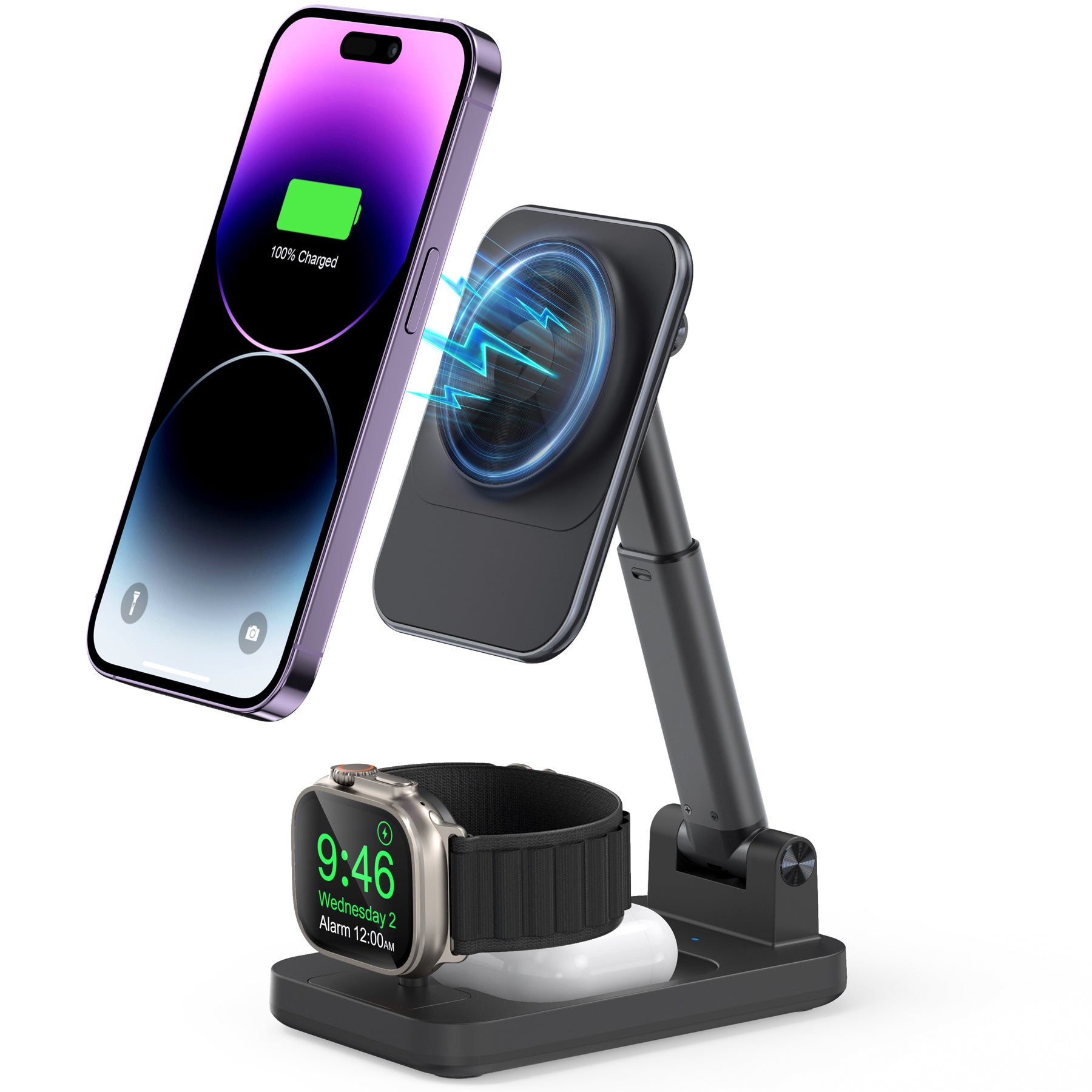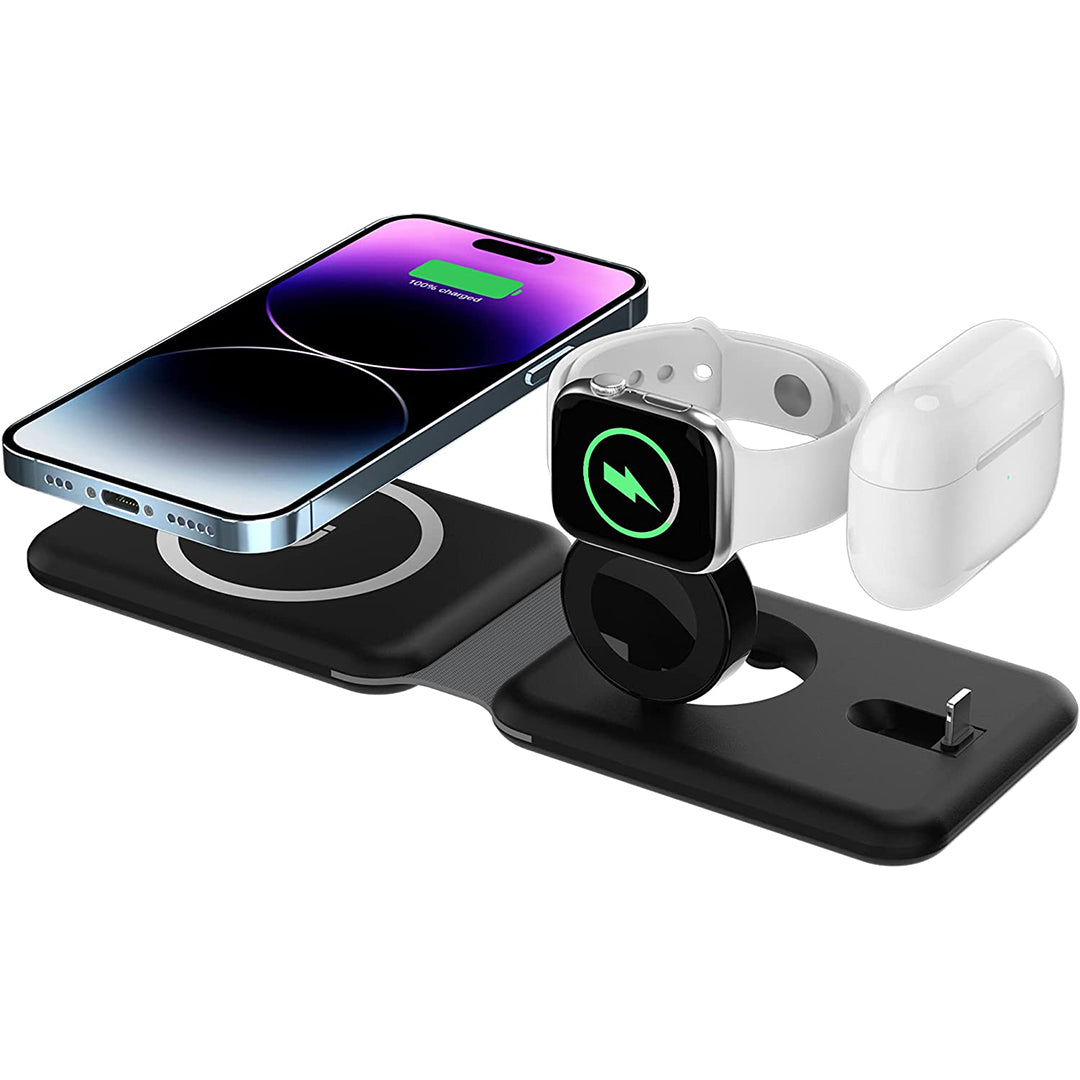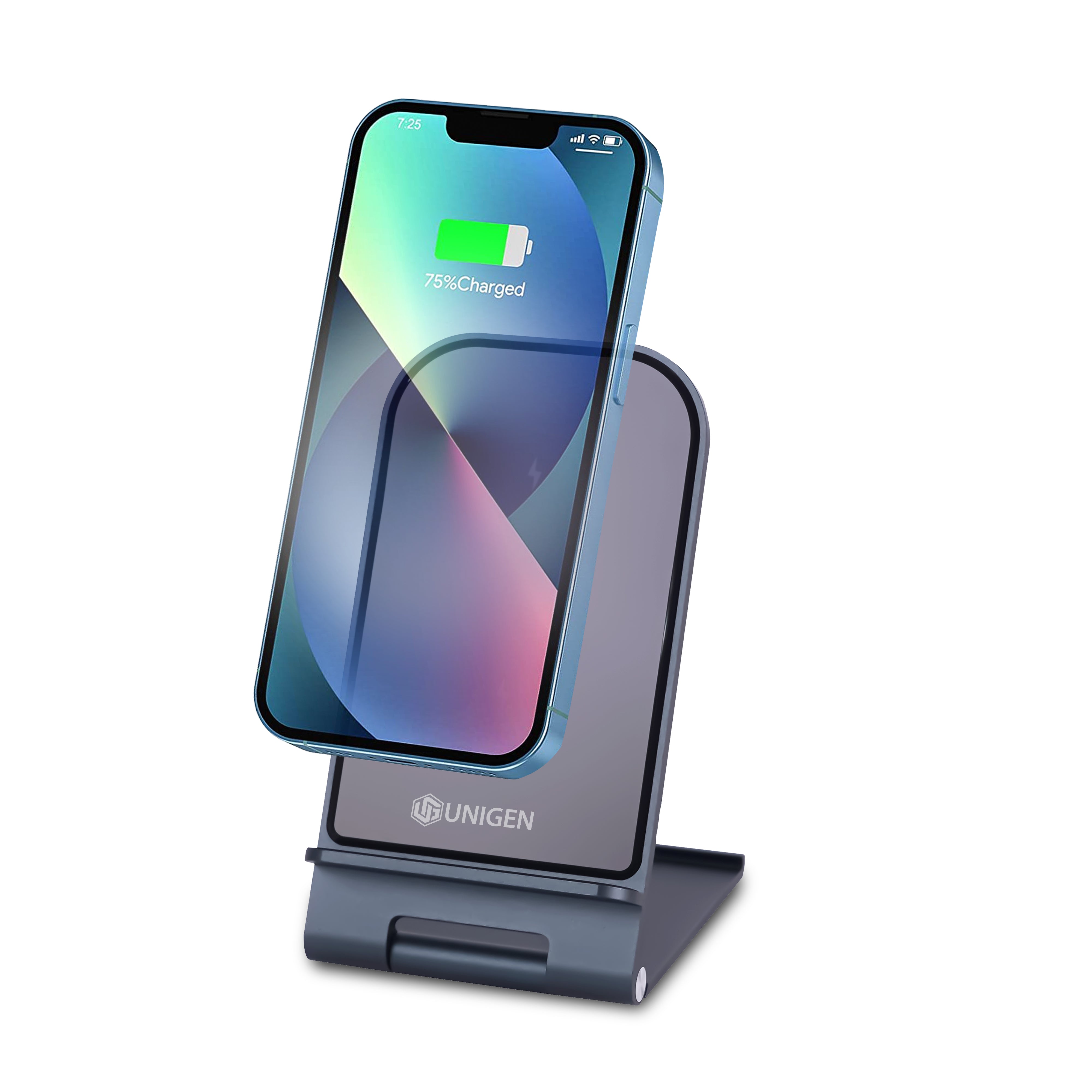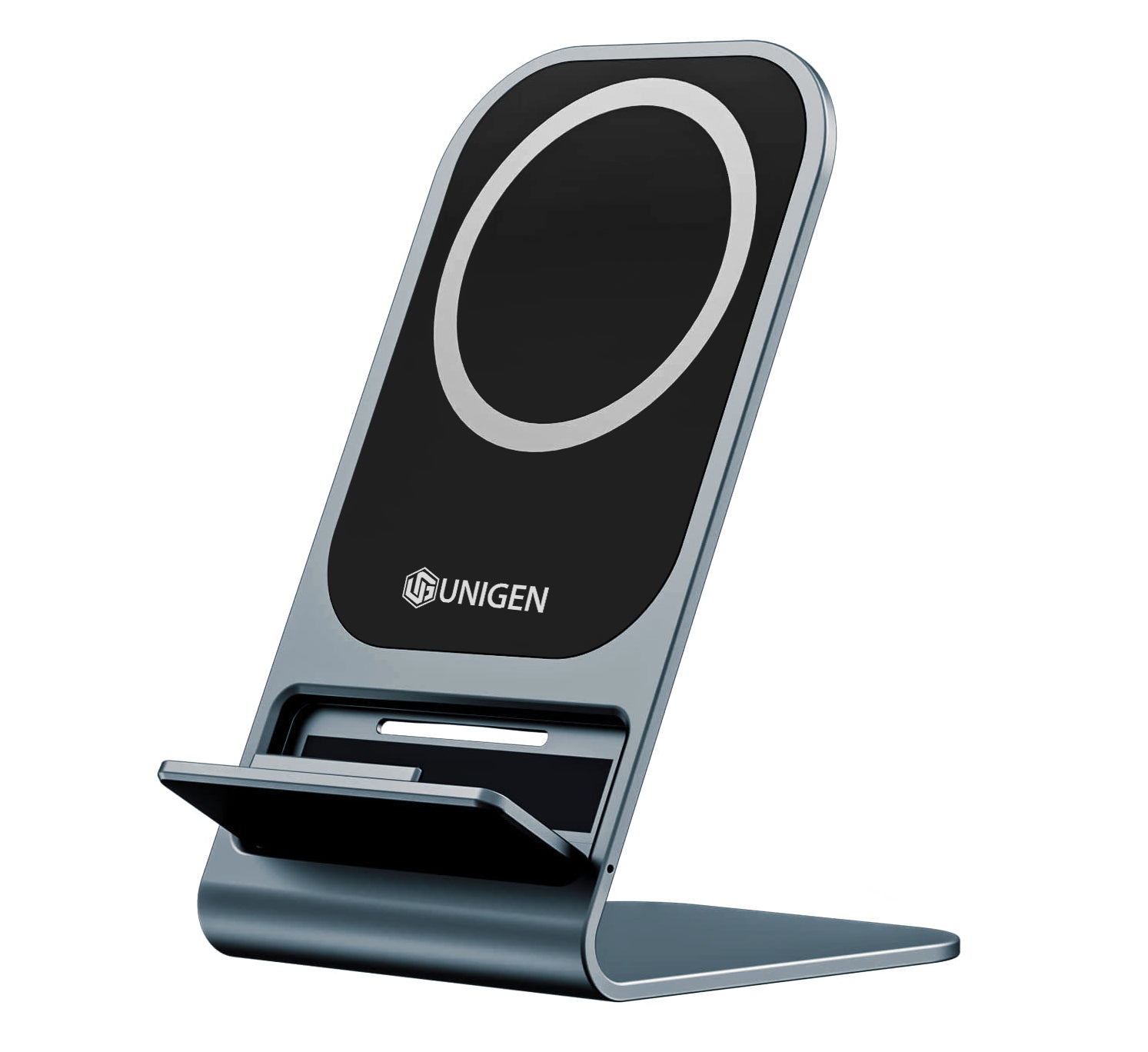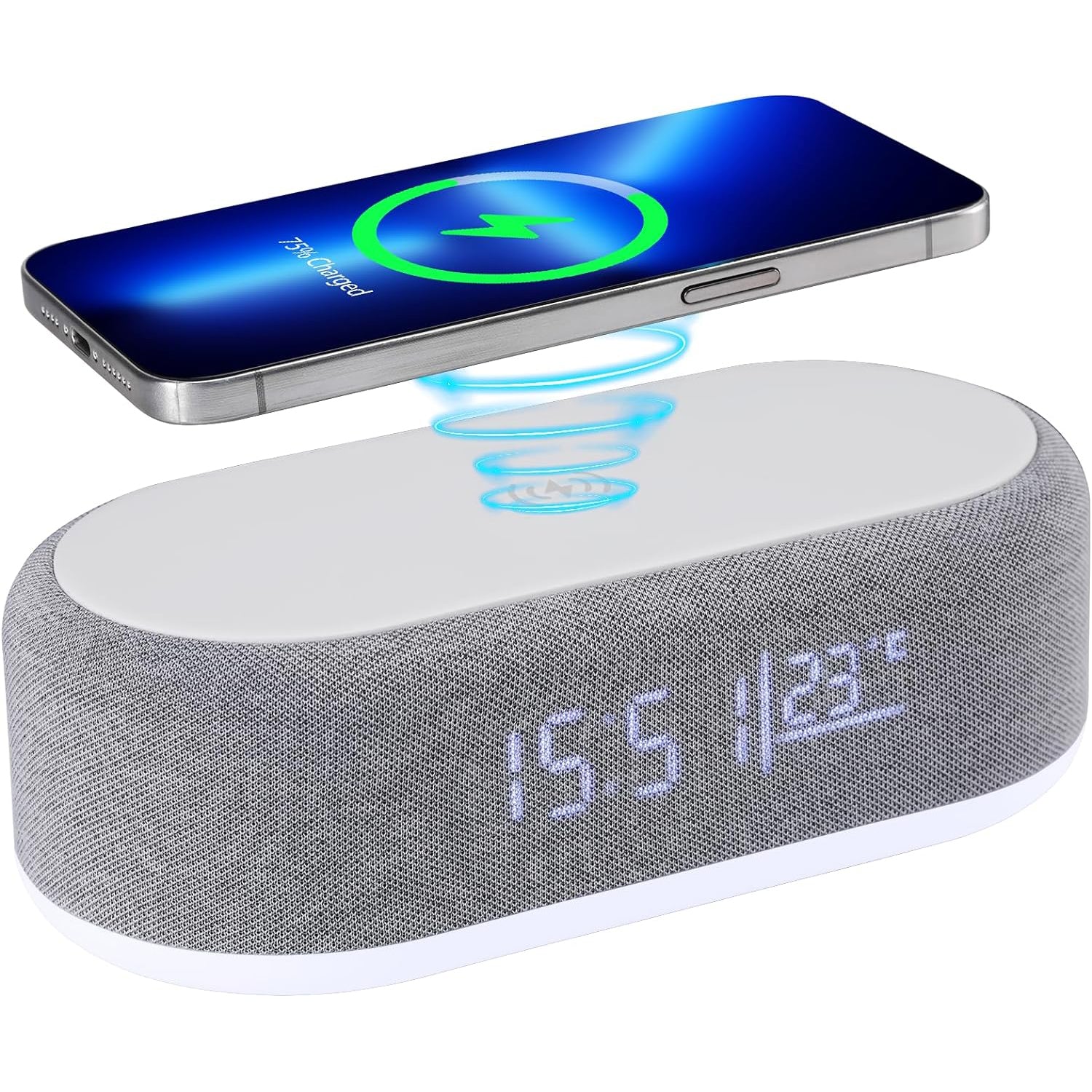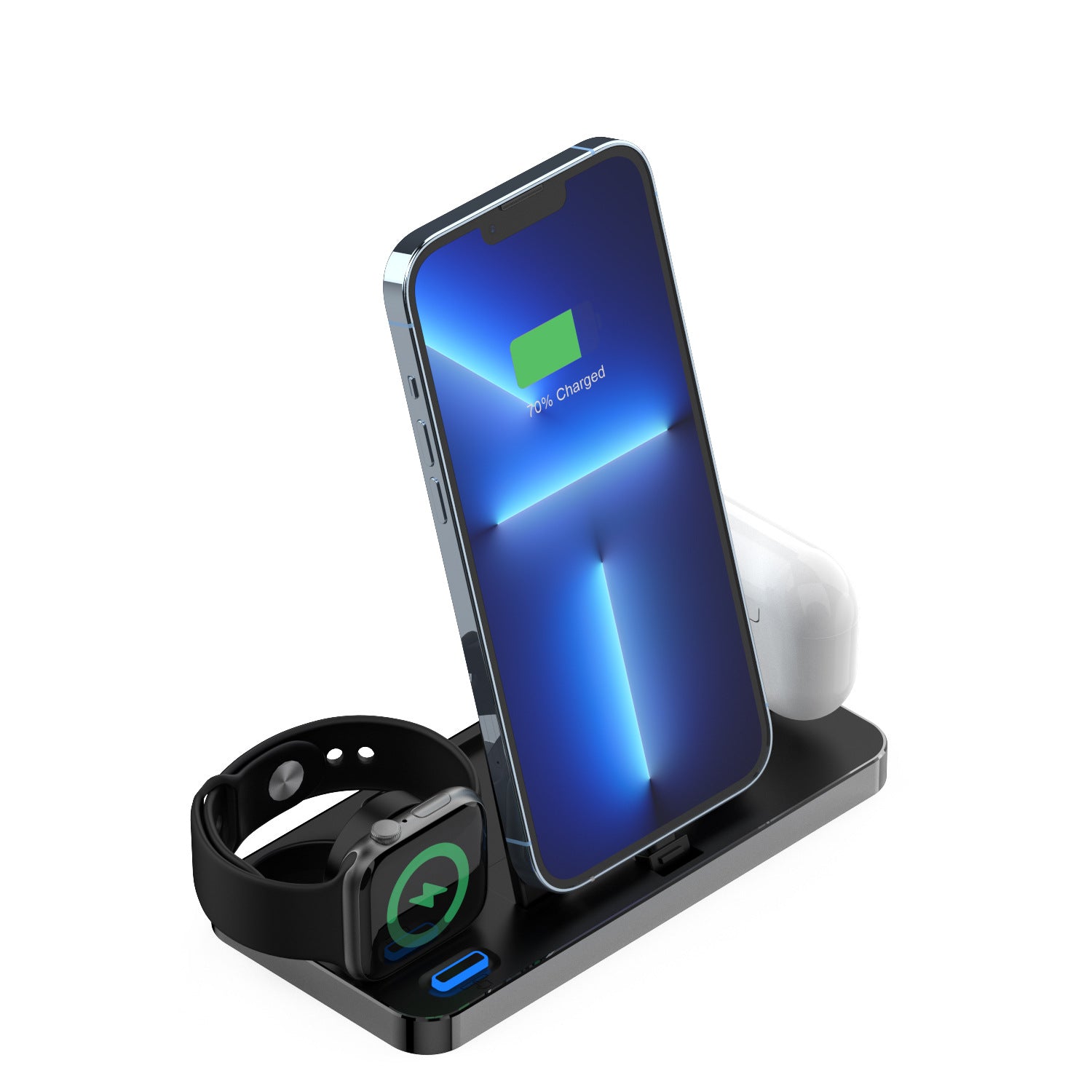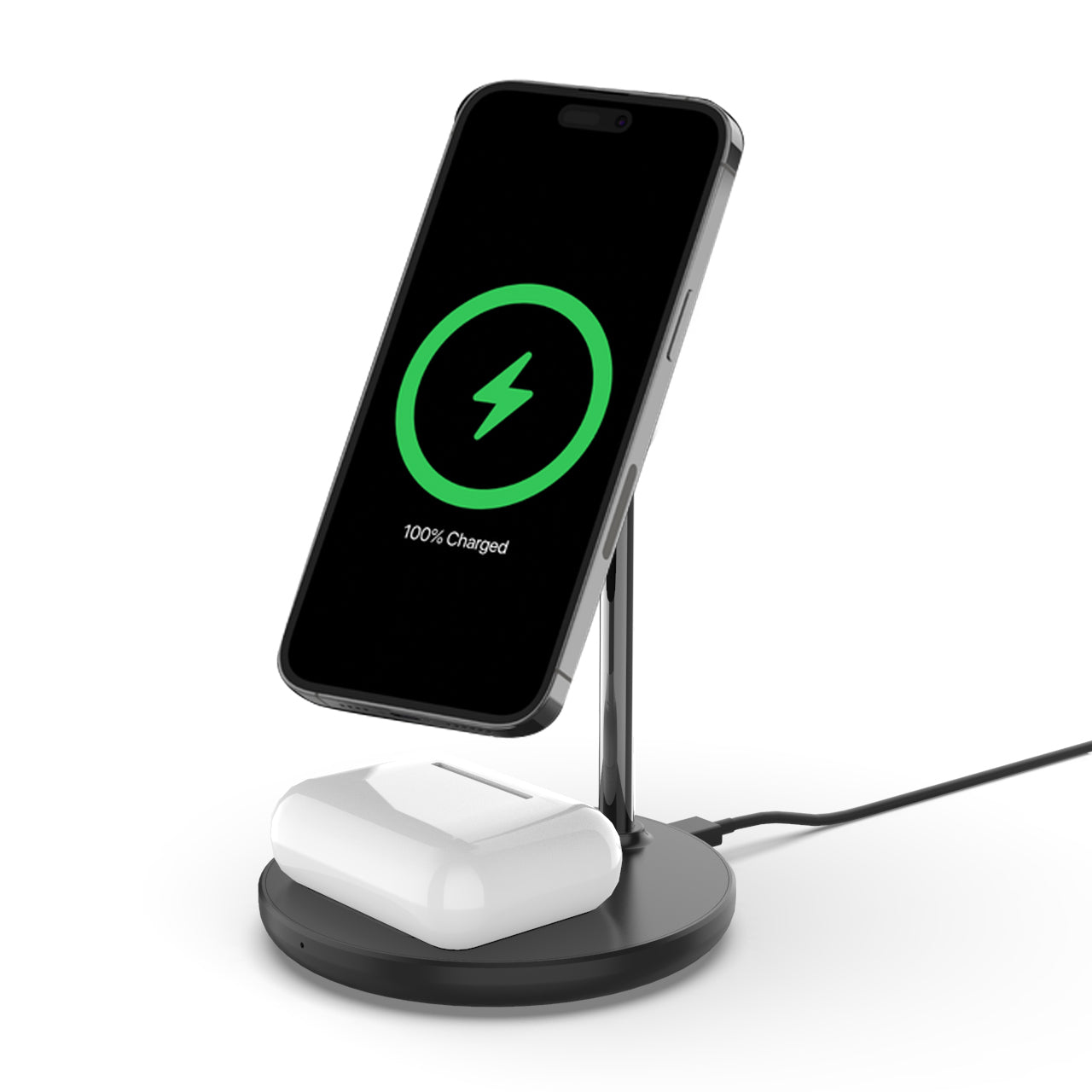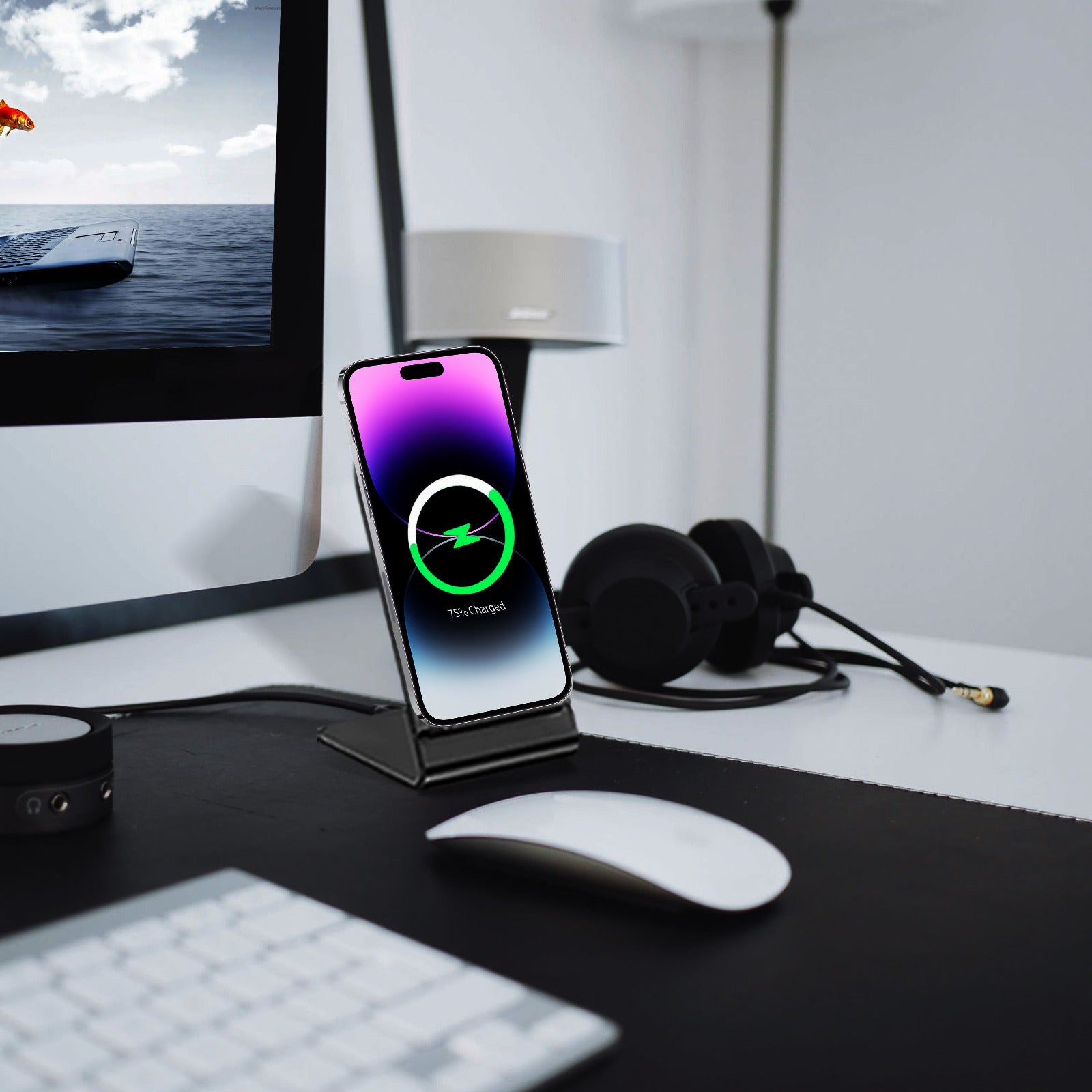
Does wireless charging harm battery health - myth or reality?
Wireless charging has become a popular feature in modern smartphones, but there are concerns among users about whether it can damage the phone's battery. In this blog, we will explore the science behind wireless charging and its potential effects on mobile phone batteries.

What is Wireless Charging?
Wireless charging, also known as inductive charging, is a technology that allows the charging of electronic devices without the use of wires. It uses an electromagnetic field to transfer energy between two objects – a charging pad or mat and a mobile phone. This technology works by using a coil in the charging pad that generates an electromagnetic field. When a mobile phone with a compatible receiver is placed on the charging pad, the coil in the phone picks up the electromagnetic field and converts it into electrical energy, which is then used to charge the battery.
Does Wireless Charging Damage Mobile Phone Battery?
One of the most common concerns about wireless charging is that it can damage the battery of the mobile phone. However, the truth is that wireless charging is a safe and efficient way to charge your phone, and it does not damage the battery.

Firstly, the technology used in wireless charging is designed to regulate the charging process, which means that the charging process stops automatically when the battery is full. This ensures that the battery is not overcharged, which can lead to damage.
Secondly, the temperature of the battery during charging is also carefully monitored by the charging system. The charging process will slow down or stop if the battery temperature gets too high. This prevents overheating, which can damage the battery.
Finally, wireless charging is designed to be compatible with the lithium-ion batteries used in most modern smartphones. Lithium-ion batteries have a specific charging process, and wireless charging systems are designed to work within those parameters. This means that wireless charging is not likely to damage the battery, as long as the charger and the phone are compatible.
Benefits of Wireless Charging
Wireless charging has several benefits over traditional wired charging. Firstly, it is more convenient as it eliminates the need for cables and connectors. This makes it easier to charge your phone on the go, without having to worry about carrying a charger.
Secondly, wireless charging is more efficient as it eliminates the energy loss that occurs when charging a phone with a cable. This means that wireless charging is a more eco-friendly way to charge your phone.
Finally, wireless charging is also more durable as it reduces wear and tear on the charging port of the phone. This can help extend the lifespan of your device.
Conclusion
In conclusion, wireless charging is a safe and efficient way to charge your mobile phone, and it does not damage the battery. The technology used in wireless charging is designed to regulate the charging process, monitor the temperature of the battery, and work within the parameters of the lithium-ion batteries used in modern smartphones. Furthermore, wireless charging has several benefits over traditional wired charging, including convenience, efficiency, and durability. If your phone is compatible with wireless charging, it is a great feature to take advantage of.

